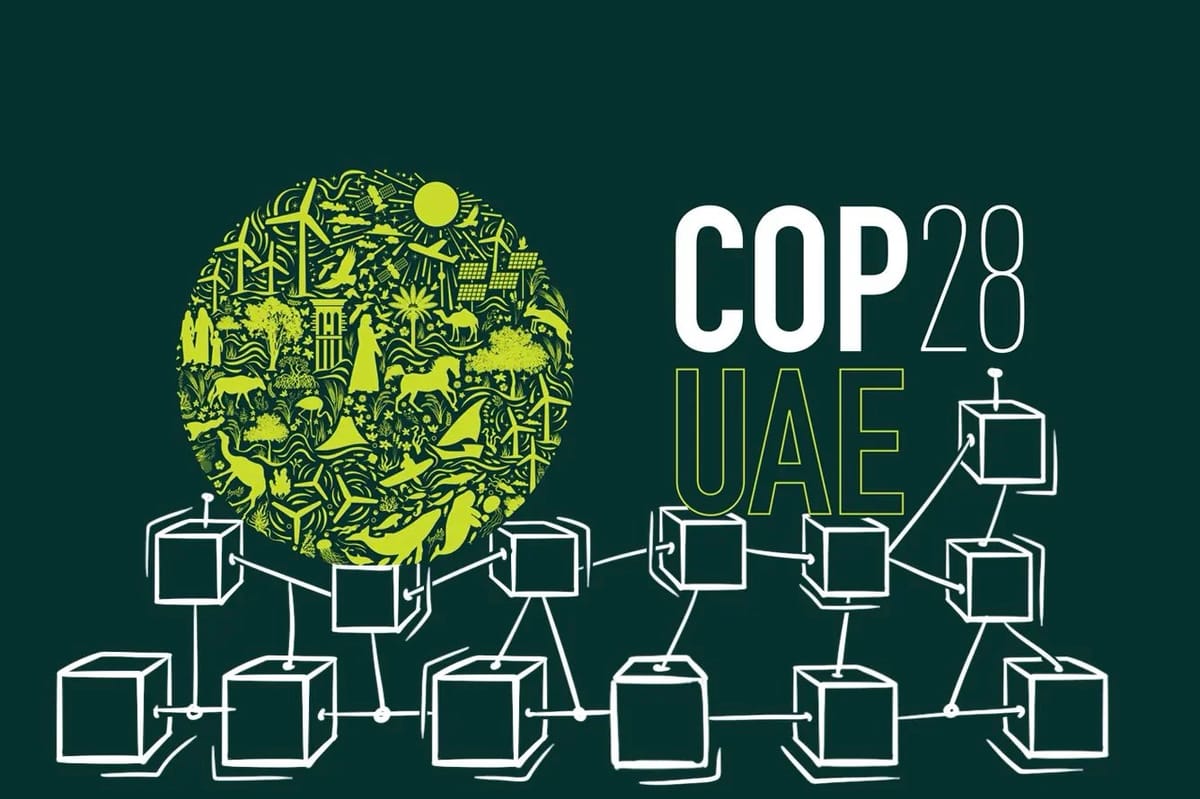
Two weeks of negotiations on a coordinated global approach to climate action at COP28 in Dubai have culminated in a statement that encourages countries to phase out fossil fuels while containing a “litany of loopholes” that gives oil-producing countries enough room to continue business as usual.
The final text results from an intense battle between those countries who believe ending fossil fuels is crucial to avoid an environmental cataclysm and those who rely on fossil fuels for their countries' economic and political prosperity.
The United Arab Emirates, the host country of this year's summit and one of the world's largest oil producers, tried to keep fossil fuels out of the conversation, even initially producing a draft statement with no mention of a phase-out or phase-down. While a transition away from fossil fuels did make it onto the final statement, so did a hailing of technology as a potential saviour against global warming.
The final text includes several mentions of the role that technology can play in the energy transition, which might allow the UAE and other members of the Organization of the Petroleum Exporting Countries (OPEC) to reduce emissions without necessarily decreasing production.
Several methods for mitigating the pollution created during fossil fuel production had already been showcased during the summit.
For example, the host country invited a Bitcoin mining delegation to the conference. Once seen as a purely polluting industry, mining today can also have a potentially positive impact on the environment, for instance, by using methane emissions from fossil fuel production which would otherwise be emitted into the atmosphere.
The Technology Innovation Institute (TII), a cryptographic research centre linked to the UAE government, announced a carbon-trading blockchain platform, allowing users who produce carbon emissions to trade energy with those who take it out of the atmosphere. According to CEO of TII Ray Johnson, the platform represents:
"UAE's drive to become a technology and innovation powerhouse and its commitment to leading the world's climate action agenda."
During the international conference’s final days, Dubai’s regulatory authority granted green finance platform AYA a license to offer crypto assets in the country. AYA and consultant firm The Storey Group have a project to plant mangroves in UAE’s capital to reduce the city’s heat and capture emissions in the most natural way.
Scientists have warned that carbon capture and storage (CCS) and abatement technology can't scale up to meet current pollution levels, and even if it did, it would require an investment of $4 trillion a year. However, having managed to include it in the final text of the statement and manipulating several loopholes, neither science nor the global agreement on the climate will now stop the United Arab Emirates from its planned expansion of its oil production - by at least 7% by 2030.
Less happy about the outcome of COP28 are the Alliance of Small Island States (AOSIS) representatives, who have called the final text a "death certificate". Activists, scientists, politicians, and several global leaders have also expressed their disappointment at the final document, believing it to be insufficient to maintain global temperatures within the 1.5C heating limit.

